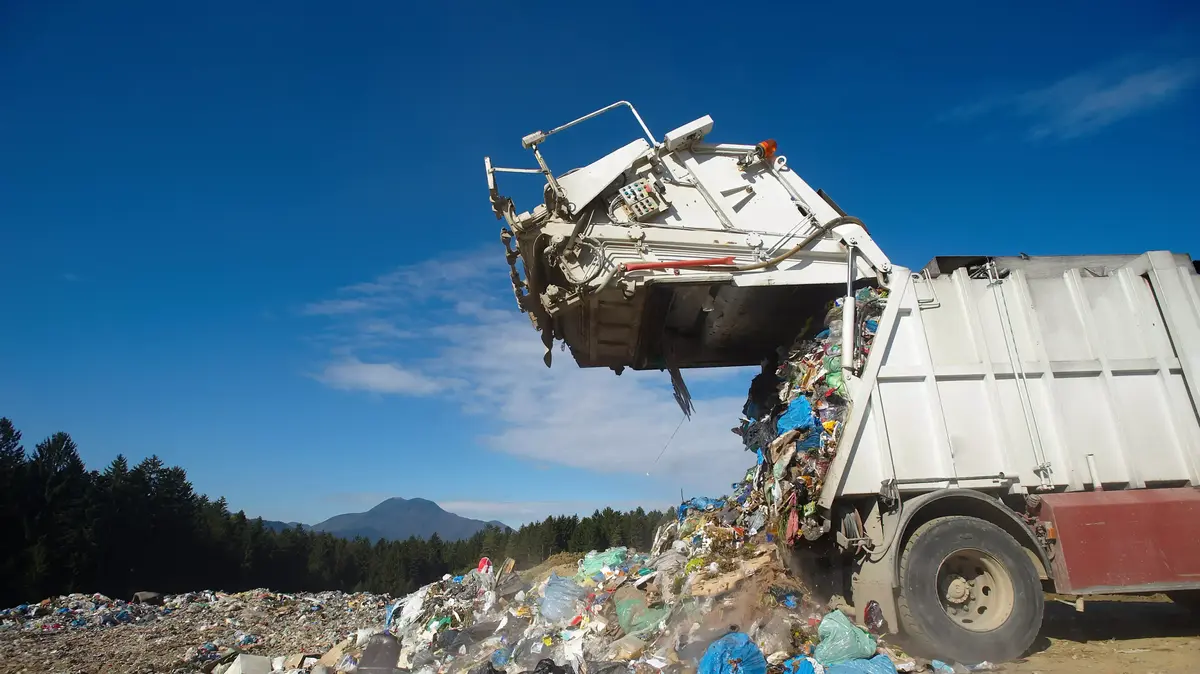Post-Corona economic: the virus that costs us NIS 20,000 a year
The corona is already behind us, but the wave of rising prices is the most painful post-corona syndrome of all.
Believe it or not, most price increases are not related to the stories we all tell.
The main reason for the high cost of living is that both the government and everyone who benefits along the way have realized that Israelis are suckers
Dr. Hezi Gur Mizrahi
21/07/2022
Thursday, 21 July 2022, 08:44 Updated: 09:07
Share on Facebook
Share on WhatsApp
Share on Twitter
Share on Email
Share on general
Comments
Comments
Vaccines for corona.
Who will save us from the post-Corona economic crisis (Photo: Reuters)
The virus known as 19COVID, which entered our lives almost two and a half years ago, is one of the viruses that have affected the culture of consumption and the cost of living - and not only in Israel.
But Israel still has a unique characteristic: the understanding of the players in the market that Israelis are consumers with a short memory, who are good at wear and tear but not at work.
Israelis may cry, upload angry posts to chains and decide every two days to boycott the products of the price-raiser on duty, but in the end most of us shut up and continue to pay dearly.
Sometimes we seem to accept the cost of living as if it were a decree from heaven, we try to “live next to the plague” just like we did for the last two and a half years where we tried to lead a routine of life alongside the virus.
The problem with the cost-of-living virus is that he has not yet been vaccinated and continues to spread and expand.
It's not that there are no attempts to instill smart consumer messages into our consumer culture, but in practice what has happened is that a window of opportunity has opened in which not only every manufacturer and importer, but every government official does well in his eyes: these raise prices - and he raises taxes, as if our standard of living is rising Constant.
Egg shortage at the beginning of the corona closures.
The test case taught that we are all suckers (Photo: Shlomi Gabay)
The lie of the queues at Ben Gurion Airport
Anyone who thinks so likes to turn our gaze to the long queues at airports, forgetting the fact that vacationing abroad costs us less than vacationing in Israel. Greece or Antalya as the cheapest option for vacation in the summer months.
Despite the "luggage crisis" it is still a different style and a more exciting experience for most consumers. Morning, including a return domestic flight, will cost the couple about NIS 5,800. A parallel vacation in Athens, Greece in a 5-star hotel, including flights and transfers, on a bed and breakfast basis, will return you a little extra for shopping from only NIS 5,000.
More on Walla!
This technology is changing your life, and you may not even know it
In collaboration with the Tamir Recycling Corporation
The queues at Ben Gurion Airport cultivate the lie that our economic situation is good
In the video: Queues and congestion at Ben Gurion Airport, just before the holiday: "Severe shortage of workers" (Photo: Niv Aharonson)
With the onset of the corona crisis the retail chains and supermarkets in the world of food retail and consumer products became the most coveted business, until every business owner was sure that switching to the supermarket sector would make him the next Rami Levy.
But not all glitter is gold: it is a more complex and sophisticated profession than most areas of marketing.
The problem was that with the hysteria - whether real or imagined - due to shortcomings, closures and diseases, everyone involved in the field, from retailers, through importers, manufacturers to decision makers, realized that the desperate Israeli was willing to pay any price - not just for alcohol or mask (remember? ) But also for an egg mold sold on the black market.
The corona, more than it has toppled spaces among us, has disrupted our consumer decision-making mechanism.
Disposable dishes.
Anyone who thinks that environmental protection was involved in the consideration of imposing the tax is making a serious mistake (Photo: Reuven Castro)
The government also joined in the celebration
Anyone who thinks that greed is the lot of those who benefit from disrupting the food chain is welcome to take a look at the corridors of power: the deposit law is a complete failure that has hurt public welfare (while at the same time recycling has disappeared from city streets!).
Let it be clear: there was no concern for the environment or public health here, only a desire to enrich the state coffers by a few hundred million shekels at the expense of the weaker sections of Israeli society.
Another decision is the huge tax on disposable hospitality tools without addressing or benefiting solutions that benefit the environment but a decree in which everyone benefits except the consumer, the manufacturer rolls a larger turnover and with it the retailer maintains the sales cycle, even though it sells fewer items.
The Treasury is also succeeding in rolling into its pocket another tax that will improve the administration's revenue line at the expense of the public.
Even the insane rise in fuel prices (let’s hope at least it finally got to the point) was another blow to the weaker sections who don’t enjoy a company car.
Family transportation expenses have soared to nearly 20 percent, but why would any of the officials who fought the excise tax matter as if it were their annual bonus?
Not only do they enjoy an attached vehicle at the expense of the state (which is basically at the expense of all of us) but travel reports show that they do in the government vehicle much more mileage than the average citizen who has to pay out of pocket for each refueling.
All sectors amount, at best, to an excess expenditure of thousands of shekels a year.
Where does the money come from?
From the bank, of course, where the profit on the money (ie the interest rate) has risen sharply, which ensures a not bad profit line at all for the financial entities that still make billions.
Where did the supervised milk go?
Perhaps where consumers are willing to pay a higher price for "enriched" milk (Photo: ShutterStock)
Spilled milk
In recent days we have encountered a phenomenon on the shelves of supermarket refrigerators: a lack of homogeneous milk.
Why in an advanced country where the market knows how to act according to forecasts is there a shortage of such a basic product?
Homogeneous milk from Terra or Tnuva, in a bag or carton, 1% or 3% is under supervision and its price to the consumer is NIS 5.94 (per liter of milk in a carton).
And not only in milk: a similar pattern we saw in the days before the removal of butter products from supervision, when the price of the corresponding products soared, also the shortages of eggs that caused consumer panic and a surplus of over-purchase, led to a 6.5% increase in the regulated price.
The question is not only why the supervised eggs have become more expensive, but how have we never seen a shortage of the freedom eggs that occupy the shelf space and cost us 45% more than the supervised product?
How come there is never a shortage of "enriched" and more expensive milk?
Conclusion - Deficiencies are probably only created in the regulated market ...
These days, bread has taken its place in the public discourse.
Well, the controlled product costs us twice: the first time in weight that gives a worse return for the ratio of shekel to gram of bread - and the second time when the price increase was approved, precisely in the month when wheat contract prices fell by 35%.
Has the dollar strengthened?
Need to raise prices!
Who gave us money back when the dollar weakened steadily for years? (Photo: ShutterStock)
The dollar exchange rate as an example
Not all manufacturers 'and importers' claims are detached from reality, the problem is in the direction that it is always one-sided.
For example, an importer who imports goods from the United States or a manufacturer who buys his raw material abroad in dollars is eroded fairly under the rise in the exchange rate of the dollar against the shekel.
So it makes sense that he would have to go up in price, right?
The thing is, those exact same manufacturers and importers did not even make us a shekel discount when the dollar crashed and plummeted for many years.
Why not?
So they told us that their profit from changing the exchange rate of the currencies against the shekel, is barely compensating for an increase in other production expenses - and the Israeli consumer who apparently hates to "come out a sucker" ate the look (in the case of pasta price, literally).
How much does it all come down to?
Well, with the Covid-19 virus, we have opened - and we will end with it: the corona plague, with its closures and vaccines, has cost the country many tens of billions.
So we were warned that the expense would burden tens of thousands of shekels on every Israeli citizen for the coming years.
guess what?
Corona expenses have long been behind us, but the economic post-Corona means excessive expenses that an average family can reach up to NIS 20,000 a year: housing, fuel, children's camps, the weekly visit to the supermarket, the daily "reinforcements" at the neighborhood supermarket and more.
And this stumbling block friends, we will have a very hard time winning.
The author is the CEO of the Institute for Retail Research
Of money
Opinions
Tags
Cost of living
Eggs
milk
bread
fuel
Disposable dishes









